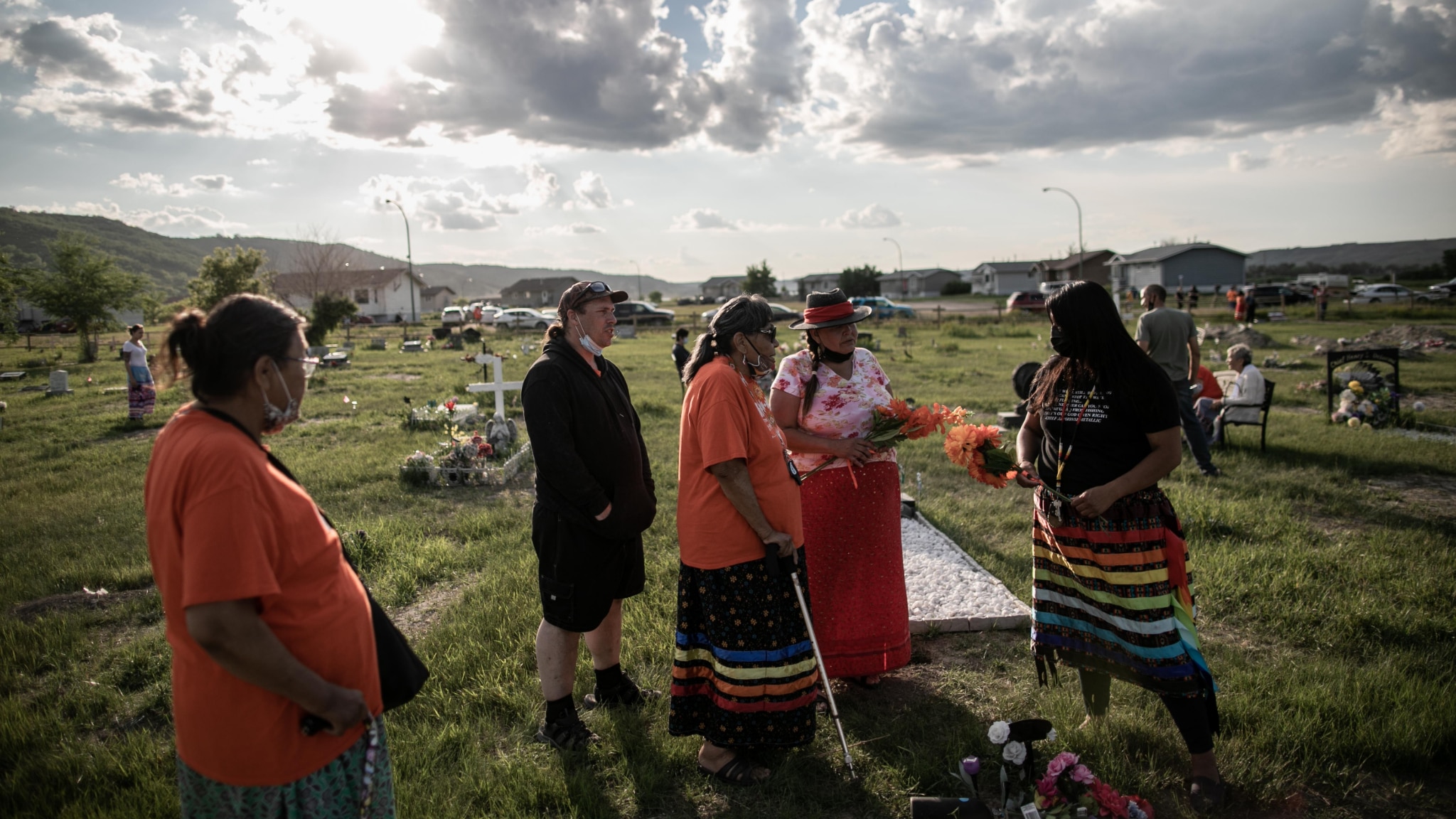The Canadian human rights court rejected a deal, described as "historic" by the federal government, which required
indigenous children and their families to be compensated for discrimination under the child protection system.
The court's decision "is disappointing for many First Nations people," commented Indigenous Services Minister Patty Hajdu.
The agreement
affects First Nations children and families in reserve or in the Yukon who have been discriminated against since 1991
.
In 2016, the judges of the human rights court had established that the authorities had
underfunded the welfare for children who lived in the reserves compared to non-native ones
and that for this reason 40 thousand Canadian dollars (just over 27 thousand euros) had to be paid ) to each child forcibly taken away from their home and inserted into the reserved childcare system.
Data from the 2016 census shows that less than 8% of Canadian children under the age of 15 are indigenous, but that indigenous youth make up
more than half of the children under the age of 15 in foster care who are
placed in the nursing care system. childhood
.
The Canadian Human Rights Tribunal, according to officials citing a summary of the ruling, found
the deal excluded some children
and was inconsistent with one of its 2019 rulings.
Handle
A historical photo from 1905 provided by the Saskatchewan Provincial Archives.
Children with their mothers at the Regina Indian Industrial School, Saskatchewan, Canada
In Canada, the indigenous peoples are called 'First Nations', that is, First Nations, precisely because they preceded the European settlers in the territory.
In addition to them there are also the Inuit and Mètis.
The three groups are called 'Canadian Aborigines'.
From 1876 these populations were confined to reservations and their children forcibly placed in schools to assimilate Canadian culture.
Often these colleges turned out to be real places of horror.
Handle
Hundreds of bodies found in former Canadian Indian residential schools.
Marieval Mission Church and its congregation alongside the Marieval Indian Residential School in Marieval, Northwest Territories, now Saskatchewan, Canada.
Historic photo dated around 1910, provided by the Saskatchewan Provincial Archives
This news comes at a time when the country is becoming aware of the damage caused to indigenous Canadians, Inuit, Metis and members of 'First Nation'.
Since May 2021, more than a thousand anonymous graves have been found in the sites of former Catholic boarding schools for indigenous people, unearthing a dark chapter in Canada's history and its policy of forced assimilation, considered since 2015 as a "cultural genocide".
During a visit to Canada in July, Pope Francis asked for "forgiveness for the evil committed" against the indigenous people of the country.
Handle
Two fathers with their children as they arrive at Regina Indian Industrial School in Regina, Northwest Territories, now Saskatchewan.
Historical photo from 1904 provided by the Saskatchewan Provincial Archives

